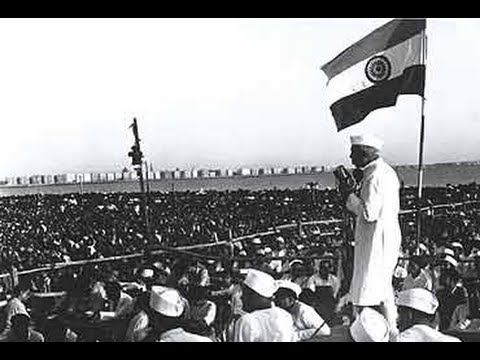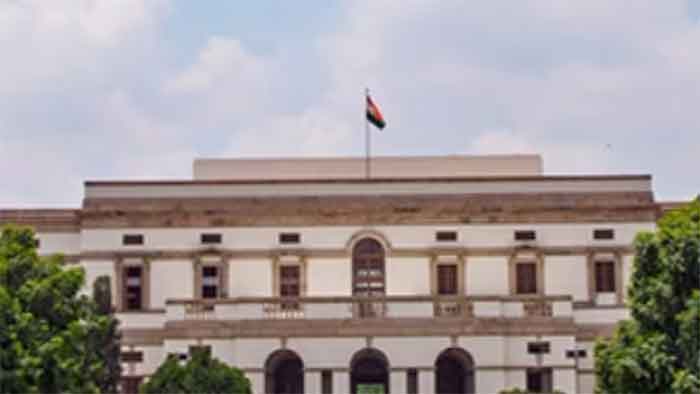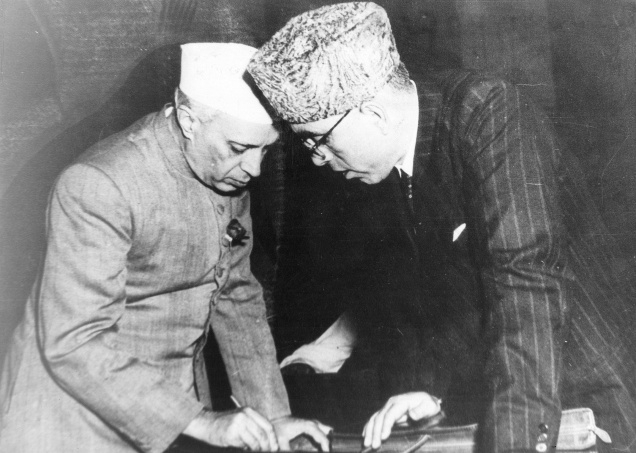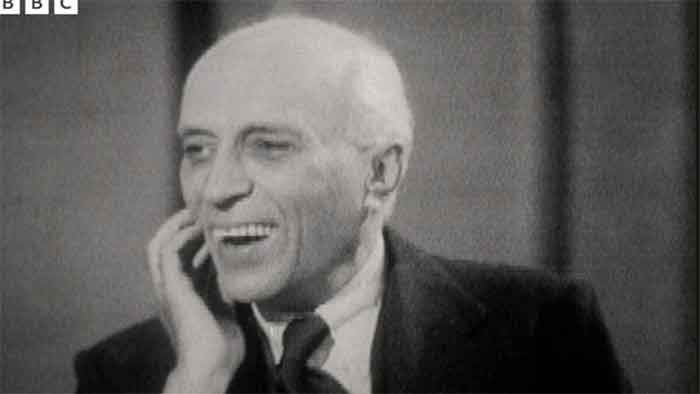
It is a true mark of greatness if what a leader struggles to achieve in his lifetime is widely realized to be even more valuable in the years or decades after he has left the world. This is exactly how Jawaharlal Nehru is being remembered by more and more people of his country, despite a persistent tendency on the part of the present right-wing government to deny the greatness of his achievements and legacy. At a wider level the world also increasingly remembers the importance of his legacy of non-alignment and the highly relevant, although not perfect, efforts to combine democracy and peace with spread of socialist ideas in a country where deeply conservative ideas still held deep roots among a large number of people.
Nehru was the Prime Minister of India for the first 17 years following independence in 1947 from nearly two centuries of British rule. In fact he remained a very popular Prime Minister till his death on May 27, 1964 from a heart attack, winning three general elections for the Indian National Congress with an average of around 45% vote, peaking to 48% (much higher than ever managed by the right-wing, majoritarian BJP now ruling India despite its enormous resources raised from non-transparent election bonds, a form of systemic corruption tied to crony-capitalism).
In the course of these 17 years he firmly laid the foundation of democracy, peace and stability in a country which firmly needed this as along with independence it experienced a very tragic, violent partition which killed, injured and displaced millions of people. The roots of this violence were firmly laid by colonial rulers.
From early days the mainstream freedom movement of India led by Mahatma Gandhi had been firmly committed to inter-faith unity and harmony. In taking this forward Mahatma Gandhi received the most consistent support from leaders like Jawaharlal Nehru, Maulana Azad and Badshah Khan. However the British rulers systematically discouraged and repeatedly imprisoned such leaders while encouraging those who who opposed Hindu-Muslim unity.
This tendency of colonial rulers to divide and rule peaked after the outbreak of the Second World War. Initially Jawaharlal Nehru led the efforts in India to offer support to the Allies for the bigger fight against Hitler as long as freedom for India was assured. The British rulers did not agree to this, leading to breakdown of talks and Mahatma Gandhi’s call for independence. The British immediately unleashed one of the biggest repressions, jailing all those Congress leaders (including Gandhi, Nehru and Azad) who were also very firm advocates of Hindu-Muslim unity.
As such leaders were either in jail or on the run, those who were inclined to serve as tools of British imperialism got into governance positions and in addition were promoted by the colonial rulers in various other ways as well. A collusion of the colonial rulers and the loyal leaders placed in important positions in Bengal led to over 3 million famine deaths in the great Bengal famine.
For nearly 200 years the colonial rulers had exploited India relentlessly but what they did in the last decade was perhaps the worst. It was thus in extremely difficult conditions that Jawaharlal Nehru became the first Prime Minister of independent India. Things could have easily gone wrong. But his firm, non-negotiable faith in democracy, inter-faith harmony, non-discrimination, social equality, secularism and peace, together with the help and cooperation of all those colleagues who shared these commitments, saved the situation. In all these respects India made significant improvements in his time and created a strong base of democracy, stability and unity which could even withstand the shocks delivered later by less wise rulers.
In conditions of better peace and stability, together with independence, millions of people in India started getting chances of progress as had been held back by 200 years of colonial rule. This was reflected in economic development and reduction of poverty. In addition the base of future progress was being prepared in the form of development of infrastructure, science and technology, health and education.
However Nehru did not go the entire length in unleashing his socialist vision, perhaps deliberately restraining himself from doing so. There were urgent immediate priorities like rehabilitation of millions of refugees from partition and preventing their anger from spreading. In the middle of all this, Nehru probably felt that stability and peace were more important immediately than too radical a vision of socialist changes.
Hence while the condition of millions of people improved during his time as Prime Minister, perhaps the many of millions at the lowest level did not improve as significantly as was needed. Hence legislation to ban bonded labor was introduced only over a decade after his death by his daughter Indira Gandhi, while significant efforts to help those engaged in manual scavenging came even later.
While this was one limitation of the many sided agenda of progress initiated by Nehru, its overall achievements were nevertheless very impressive. His commitment to planned economic development with a longer-term perspective and vision contributed much to the establishment of the Planning Commission as well as the initiation of five year plans. 12 such plans were ultimately prepared, till soon after becoming Prime Minister, in 2014, Narendra Modi abolished the Planning Commission as well as the five year plans.
In fact there is much that Nehru stood for– including plurality, higher levels of equality, protection to minorities, an idea of India based on unity in diversity and an enlightened understanding of history—that India really needs today but this is increasingly neglected or violated by the present right-wing government.
In a wider context, the world is realizing with a new urgency the importance of Nehru’s vision of world peace and non-alignment. This is all the more true in 2022 in the wake of the Ukraine crisis.
Bharat Dogra is Honorary Convener, Campaign to Save Earth Now. His recent books include A Day in 2071, Planet in Peril and Protecting Earth for Children.















































